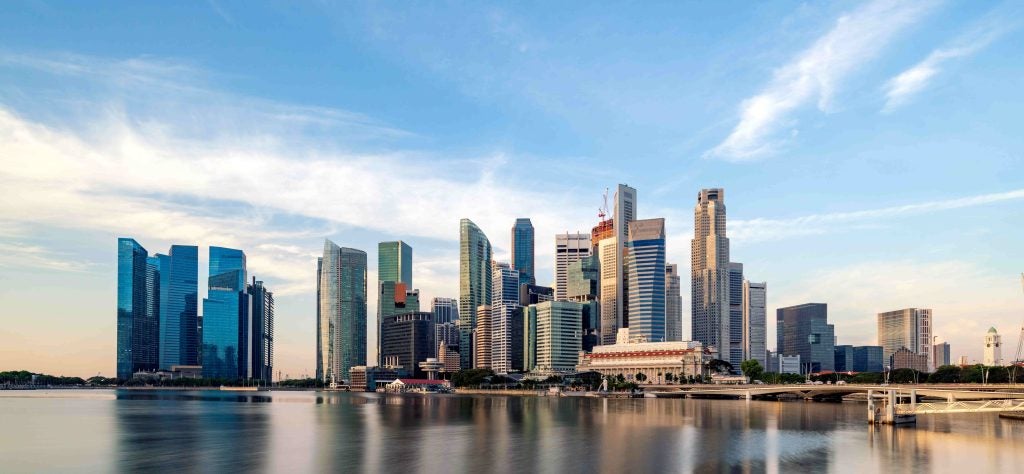A surge in Singapore’s wealthy population will lead to the country’s millionaire growth overtaking its rival city state Honk Kong’s by 2020, a new report from WealthInsight has revealed that.
According to the Singapore Wealth Report 2015, high net worth individuals (HNWIs) will grow at a rate of 18.3% versus Hong Kong’s HNWIs growth rate of 15.6% in the next five years.
Approximately 1 in 35 Singaporeans is, currently, a millionaire. The HNWI population is expected to rise to 188,000 by 2020, or roughly 1 in 30 of the population in Singapore.
Head of WealthInsight Oliver Williams says: "Though Hong Kong has a much higher millionaire population than Singapore (193,000 against Singapore’s 154,000), recent events such as the umbrella revolution may have turned migratory HNWIs away from the city."
The number of Singapore millionaires increased by 17% over the past five years, WealthInsight’s research has revealed. The country now has 154,000 HNWIs, collectively holding US$806.3bn in net wealth, compared with 130,000 millionaires in 2010.
How well do you really know your competitors?
Access the most comprehensive Company Profiles on the market, powered by GlobalData. Save hours of research. Gain competitive edge.

Thank you!
Your download email will arrive shortly
Not ready to buy yet? Download a free sample
We are confident about the unique quality of our Company Profiles. However, we want you to make the most beneficial decision for your business, so we offer a free sample that you can download by submitting the below form
By GlobalDataBoth Singapore and Hong Kong attract wealthy individuals and successful business owners throughout the APAC region.
Comments Williams: "Singapore’s burgeoning financial markets, renowned private banking and superior quality of life are continuing to attract HNWIs from neighbouring countries. We’re currently seeing a large influx of Indian and Chinese millionaires into the country."
However, the report points out that Singaporean HNWIs have the lowest average wealth in Asia, worth an average US$5.2m each, as opposed to Indonesia’s $6.5million, Asia’s highest.
"Though seemingly small, the changes in average wealth are hugely reflective of the nation’s equality. The lower the average wealth of a country’s HNWI population, the more evenly that wealth is distributed among others. Germany, for example, has an average wealth of US$3.2million," adds Williams.







